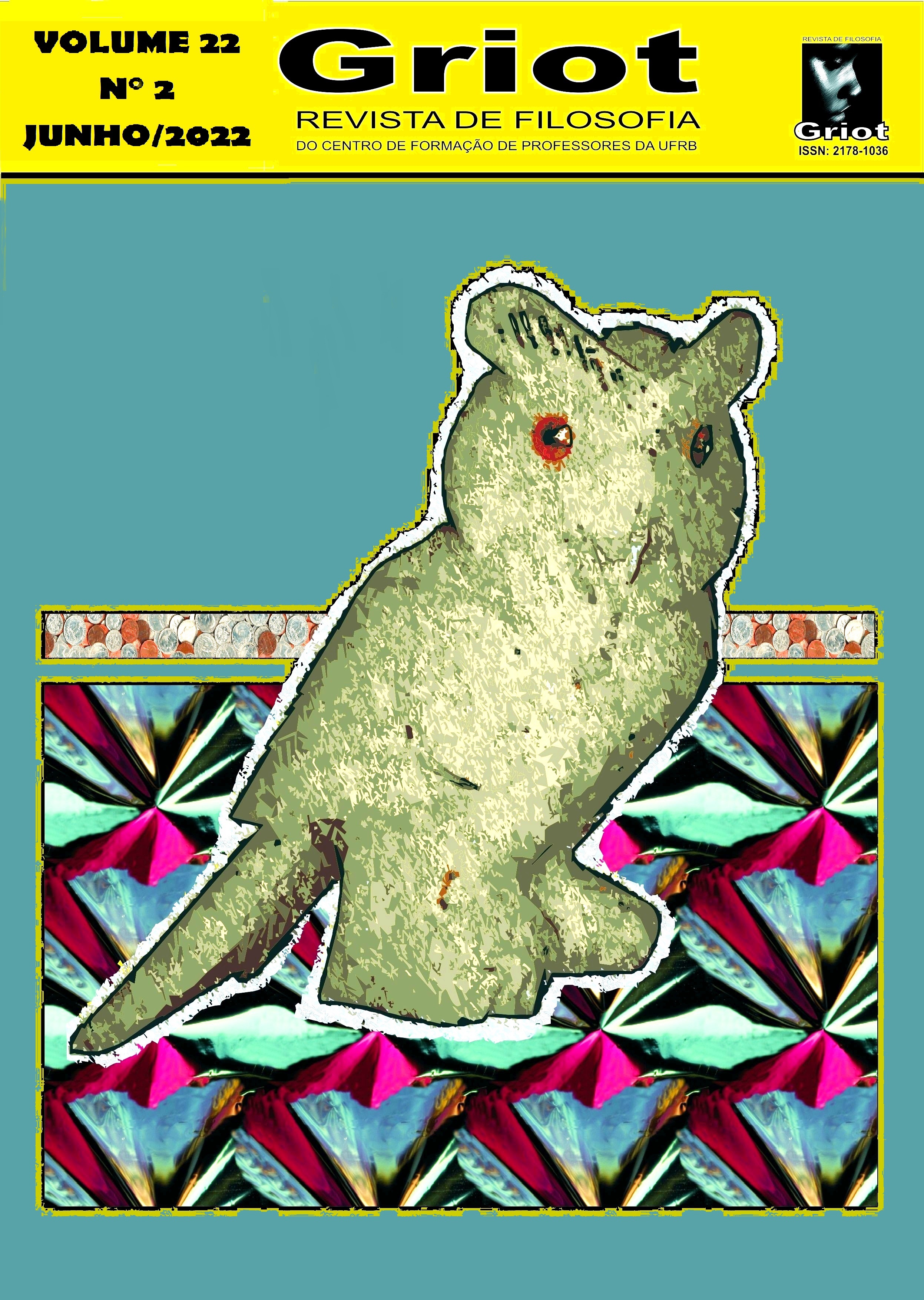The montaigne’s meditatio mortis: how philosophizing is to learn to live
DOI:
https://doi.org/10.31977/grirfi.v22i2.2801Keywords:
Death; Meditatio mortis; Spiritual exercises; Essays; Michel de Montaigne.Abstract
Since Plato, death has been a recurring theme in the history of philosophy and the Hellenistic schools of thought. The "death" subject became a daily reflection particularly in Epicureanism and in Stoicism, from which not only the term meditatio mortis comes from, but an entire literature, including the writings made in the medieval times that had the final moment of life as their central point. Thus, in the 16th century, the period when Michel de Montaigne (1533-1592) lived his life, meditation on death was a rhetorical topos. Nevertheless, his Essays approach the theme of death not only from a literary standpoint, but as a daily meditation, as a spiritual exercise. In this perspective, this article suggests that Montaigne, far beyond a rhetorical approach, attempts to recover the most original meaning that the Hellenistic schools of thought gave to meditatio mortis, taking this concept as a preparation for life itself, as a constant way of observing the present, faced with an imminent scenario of various deaths, such as the Black Death epidemic and the civil war in Montaigne troubled times.
Downloads
References
AURÉLIO, Marco. Meditações. Tradução e notas de Edson Bini. São Paulo: Edipro, 2019.
EPICTETO. Manual de Epicteto: a arte de viver melhor. Tradução de Edson Bini. São Paulo: Edipro, 2021.
EPICTETO. As diatribes de Epicteto, Livro I. Tradução, introdução e comentário Aldo Dinucci. Coimbra: Imprensa da Universidade de Coimbra, 2020.
EPICURO. Cartas e máximas principais: “como um deus entre os homens”. Tradução, apresentação e notas de Maria Cecília Gomes dos Reis; introdução de Tim O’Keefe. 1ª ed. São Paulo: Penguin Companhia das Letras, 2020.
HADOT, Pierre. Exercícios espirituais e filosofia antiga. Tradução Flávio Fontenelle Loque e Loraine Oliveira. 1ª edição. São Paulo: É realizações, 2014.
MONTAIGNE, Michel de. Os Ensaios. Livro I. Trad. Rosemary Costhek Abílio. São Paulo: Martins Fontes, 2000.
MONTAIGNE, Michel de. Os Ensaios. Livro III. Trad. Rosemary Costhek Abílio. São Paulo: Martins Fontes, 2001.
NAKAM, Géralde. Les essais de Montaigne: miroir et proces de leur temps. Paris: Librairie A.G. Nizet, 1984.
NAKAM, Géralde. Montaigne et son temps les événements et les essais: l’histoire, la vie, le livre. Paris: Librairie A. G. Nizet, 1982.
STAROBINSKI, Jean. Montaigne em movimento. Tradução de Maria Lúcia Machado. São Paulo: Companhia das Letras, 1992.
VALENTE, Mílton. A ética estóica em Cícero. Caxias do Sul: Editora de Caxias do Sul, 1984.
Downloads
Published
How to Cite
Issue
Section
License
Copyright (c) 2022 Natanailtom de Santana Morador

This work is licensed under a Creative Commons Attribution 4.0 International License.
The authors who publish in Griot: Revista de Filosofia maintain the copyright and grant the magazine the right of first publication, with the work simultaneously licensed under the Creative Commons Attribution 4.0 International License, allowing sharing and adaptation, even for commercial purposes, with due recognition of authorship and initial publication in this journal. Read more...









































































